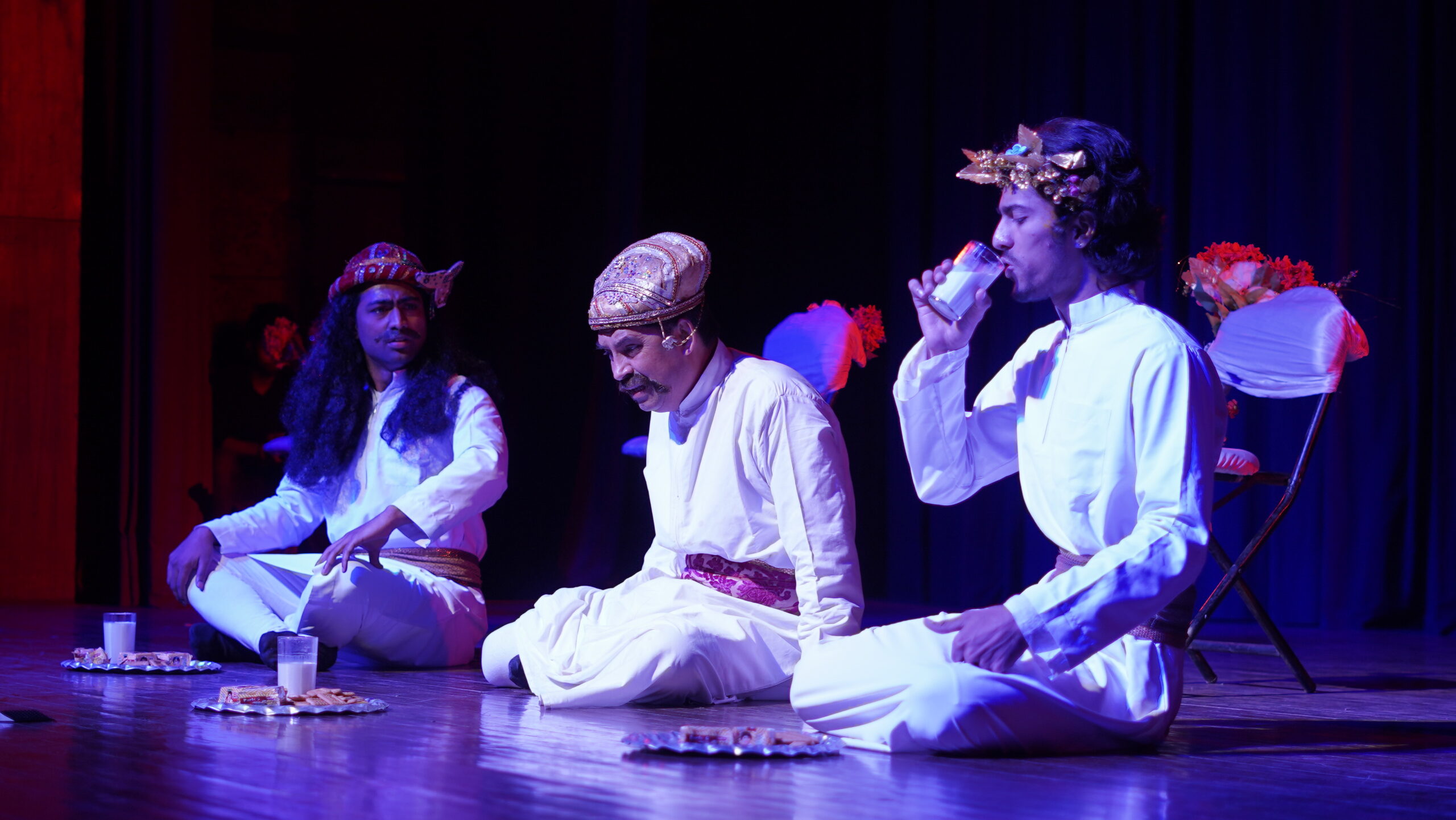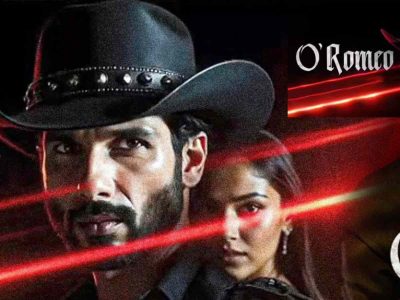In our childhood days, we used to wait anxiously for Kaleidoscope-wala, or camera-wala as many would address him. He would roam around streets, parks, public places and call out, “Dekho dekho rangeen filmain dekho, pahaad, nadi aur mele ghoomo… (Watch, watch colour films, travel to mountains, rivers, fairs).”
Children would gather. At a small price, we would watch a kaleidoscopic view of several films, sometimes by one director, say B.R. Chopra or Ramesh Sippy, ornated with popular songs, while shots of nature would be used as fillers.
Children’s joy of seeing such intriguing images knew no bound. They would wait for him to come again and bring new pictures and songs.
Cut to 2023. The instrument has changed, so have the images. However, the entertainment part, laced with hues of emotions – tragedy, comedy, satire and laughter — has remained, so has the audience. And a kaleidoscopic view of all is assured through Natya Kumbh, which is a garland of several plays by one emerging playwright Mrinal Mathur and several senior directors like Saleem Shah, Sayeed Alam, Zafer Mohiuddin, Kuljeet Singh, Sajida Saji and Amar Sah. There is also a volley of seasoned actors playing different roles.
Natya Kumbh, which began on June 4, will run till June 11 at the LTG Auditorium in the city.
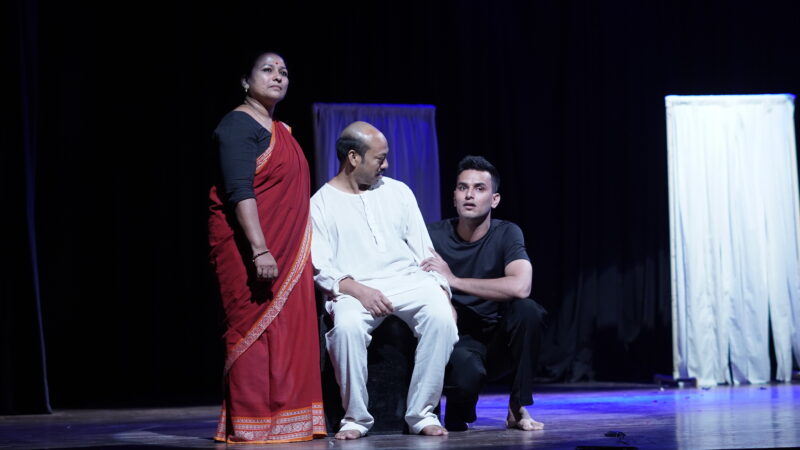
Vibgyor, an organisation that is performing the duty of kaleidoscope-wala, provides cushion to new plays and playwrights financially so that it doesn’t wilt further amid cultural chaos in today’s India.
The plays being staged at the festival are Pashmina, Akbar The Great Nahi Rahe, Between You and Me Too, God’s Lioness, Didi IAS and Teen Tumahari Taraf.
This is not the first time a festival of plays by a single playwright has been organised. At an individual level, several people have been trying to sustain their passion with or without financiers.
But is highlighting one emerging playwright a healthy trend in theatre? And will he be obstructed by a powerful lobby in theatre? What’s the dire need of it in theatres now? Are we doing enough in theatre not to be repetitive? How OTT that has started looking up at theatre as a new money-minting exercise, will ultimately affect the new players? Will it change anything in the long run, or would theatre eternally be a poor passionate’s catharsis on stage? What needs to be done?
The truth is, this age-old art of expression has always been on oxygen mask. So, any opening of fresh air, looks like a breeze of hope to theatre-walas.
So veteran playwright Mahesh Dattani, present at Natya Kumbh, looked ecstatic, fluttering around happily like a butterfly. No wonder, he could see his advice to ex-corporate honcho Mrinal to take up his passion – playwriting — blooming like a flower with this festival.
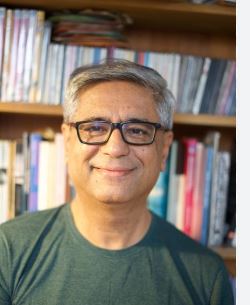
The forever polite Dattani doesn’t hide his emotions.
He explains, “See, we have seen repeat festival plays of theatre personalities like Girish Karnard, Vijay Tendulkar, Mohan Rakesh, Manto, even mine. So, people have known our bodies of work over time. So, I think now we the seniors, should step aside and give way to new and emerging talents with an open heart. I feel there is nothing wrong in highlighting one playwright through an array of his plays because by that, the audiences would get to view the whole oeuvre of his works and the playwright or directors will get to know where they stand.”
Amal Allana, former chairperson of National School of Drama (NSD), shares Dattani’s sentiments. She is “all for festivals”.

“Whether it is one new and emerging playwright, one director, one company or one actor, as long as he/she has resources to take his body of works to the audiences, he should do it, so that theatre always keeps on moving. We also need bodies like META (Mahindra Excellence in Theatre Award) to say well done!” she says.
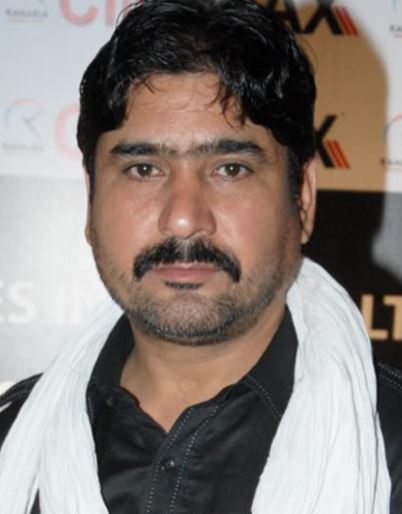
Seasoned theatre and film actor Yashpal Sharma adds to the nod, “Either they should be legends, like we used to watch retrospective films of Satyajit Ray, Mrinal Sen, Shyam Benegal, Girish Karnad or the new but immensely talented ones, so that people know there is some hope to a better future of theatre.”
However, for that, he agrees, one has to blow one’s own trumpet in today’s times.
“I have been doing it myself after making Dada Lakhmi (a musical film on Haryana’s legendary folk ‘Saang’ writer Lakshmi Chand) and it has helped me reach global audiences.”
Delhi has been witness to festivals from Pierroute Troupe, Motley Group, Act 1, Asmita Theatre Group etc, with or without the support of financiers. But the number of plays from these production houses are restricted due to lack of finance.
Most dramas, despite travelling globally, could never be profit-making ventures.
That’s why NSD’s Bharat Rang Mahotav (BRM) becomes a huge affair where for a festival of 15 days, no less than 20,000 entries are registered. Out of which around 100 plays are selected to be staged in Delhi and other parts of India. For the theatre lovers therefore, BRM, which was initiated in 1999, is among the most-awaited festivals. We don’t have any other festival of this stature in the Capital yet.
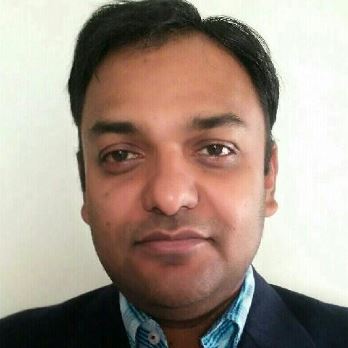
Hence, for the theatre-walas, staging a play has always been a struggle. There is lot of anger, frustration, helplessness that creeps in their conversation when one asks if it is a comfortable idea to take it as a career? Most say in one voice, that it is barely enough to pay rents and children’s fees, let alone luxury of travelling by air or car or buying branded clothes if they don’t have multiple source of income, such as teaching or taking workshops etc. To top that, absence of rehearsal spaces, expensive auditoria, government’s apathy to theatre and peoples’ attitude to look for free passes than buying tickets add up to the already existing heap of survival issues.
Why are they angry?
Because there is no culture-consciousness! For ages, the issues with theatre has remained the same, specifically when it comes to Delhi/NCR.
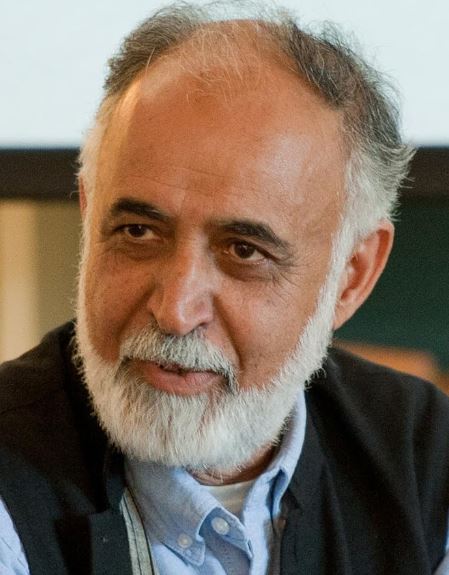
Ask veteran actor MK Raina and hear him go furious, “Auditoriums have become so costly here that it is difficult to stage a play in theatres like Kamani, LTG or Shriram Centre in Delhi. In Kerala, there is a cultural complex in so many places. These complexes have library, 300 to 1000-seater theatres in the same vicinity. The state government doesn’t subsidise theatre though. In West Bengal, if you book an auditorium for Rs one lakh, the state government gives 50,000, thus sharing our burden. Theatre owners have got land to construct theatre for peanuts and this is what they do with it.”
Raina is also angry as he feels north India is lazy and complacent about the need for theatre and plays as compared to the east and the south.
Notably, Sharma hints at the “most dangerous trend” that has crept in the making of contents today.
“Be it film, theatre or OTT, manipulated, distorted histories and mythologies are inserted in contents to serve political agendas of BJP or RSS. It is all done with a great planning.”
It is time, he asserts, the audiences pushed only original and genuine content that support humanity and not hate.
Allana adds freedom of speech to it.
Zee Theatre had made a beginning of bringing theatre on OTT. However, Sharma assumes, the audiences have been driven to like innuendoes, sex, crime and violence so much that sustaining good plays on OTT could be a far cry.
Is there a way out?
No art can flourish unless it has a sound monetary body to back it. The stalwarts suggest subsidised cultural complexes, original and genuine scripts, freedom of expression and an audience’s movement to support only genuine work can do wonders.
“Aik 500 crore ki film banti hai, par aik playwright ke liye 5 lakh jutana bhi aik rariry hai (A Rs 500 crore-film is made but it is difficult to collect even Rs five lakh for a playwright),” says Sharma, who has spent his life-time in theatre.
“Agar hospital banaige to mareez ayega, temple, mosque banaoge to devotees ayenge, similarly theatre banaoge to audience bhi ayegi. Jo bhi ho raha hai hum khud kar rahe hain (If you make a hospital, patients will come. If you build a temple or mosque, devotees will come, similarly if you build theatre, audience will also come),” says a gloomy Raina, who is echoed by all.
Is there a hope?
The arrival of corporate houses Mahindra, Tata’s Aadhyam and now VIBGYOR assure some relief.
META is first non-government initiation in India to promote, encourage and award best theatre practices in the country, on merit and minus “push of the lobbies”. It started a decade ago and has been a welcome step by theatre people. It shares some financial burden and awards the best original plays too.
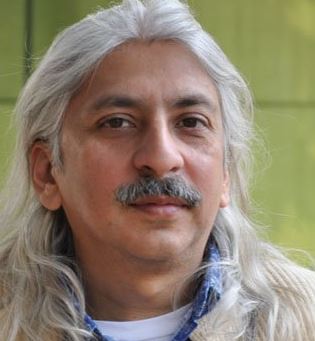
”We facilitate shows in the best environment, take care of the theatre spaces, publicity and media. We pay them the performance fee of Rs 75,000 to 1 lakh, plus we award three best plays between Rs.50,000 and 5 lakhs, divided into categories like best scripts, directors, plays, stage craft etc,” says Sanjoy Roy, the art entrepreneur who handles META and Jaipur Literature Festival.
Ankur Kalra of Vibgyor is taking baby steps towards helping all arts.
“We do it for passion. It is not a profit-making venture for us. We shall take Natya Kumbh across various cities in India and two foreign nations next year. We are committed to supporting new and genuine theatre and other arts in future too.”
Unless there is no agenda in helping arts and culture in today’s India, such promises bring hope.

